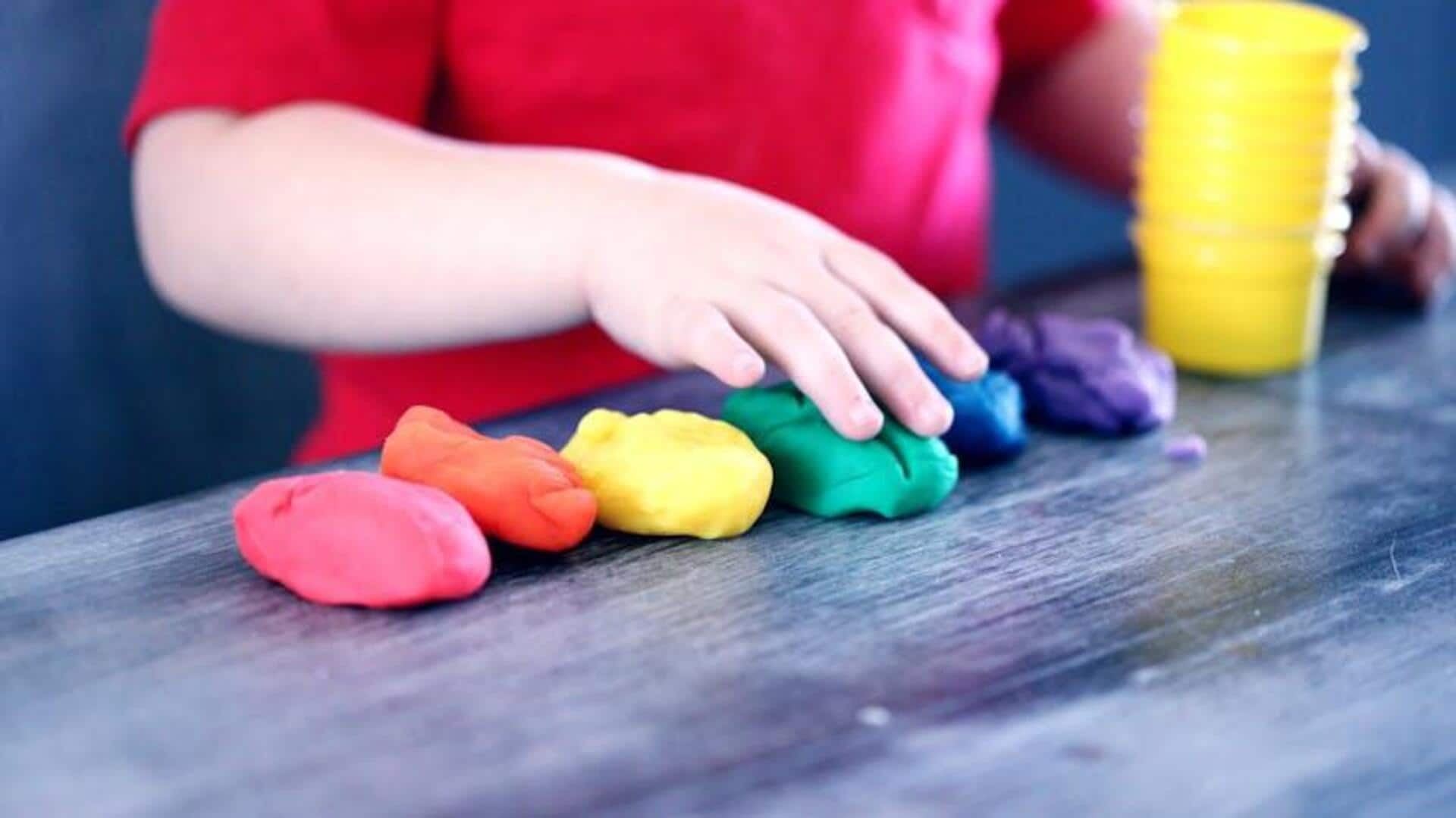
How to teach empathy to your kids
What's the story
Empathy is an important life skill that makes children feel and understand what others are going through. Teaching empathy can lead to more sensitive adults, who give back to the world. By participating in certain activities, you can easily cultivate the skill in your kids, right from an early age. Check out these five activities to encourage empathy and raise thoughtful children.
Imaginative play
Role-playing scenarios
Role-playing lets kids put themselves into someone else's shoes and develop understanding and compassion. By acting out different scenarios, like being a doctor or a teacher, they learn to think of different perspectives and emotions. This activity prompts them to think about how others might feel in certain situations, further improving their ability to empathize with peers.
Narrative building
Storytelling sessions
Storytelling sessions allow kids to delve into emotions through characters and plots. Reading stories focusing on varied experiences allows them to relate to different perspectives. Encouraging children to write their own stories further hones their ability to articulate emotions and comprehend the emotional journeys of others.
Community involvement
Volunteering opportunities
Involving kids in volunteering activities teaches them the value of helping others. Participating in community service projects, such as cleaning up parks or visiting elderly homes, exposes them to different life situations. These experiences build empathy by showing them the impact of kindness and generosity on the people around them.
Expressive Learning
Emotion charades game
Emotion charades is a fun game where kids act out different emotions, without saying a word, and others guess what they are feeling. This activity improves their ability to recognize and interpret non-verbal cues, which is an important part of empathetic communication. It also makes them more conscious of their own emotions.
Open conversations
Group discussions on feelings
Facilitating group discussions about feelings encourages open communication among children. They share personal experiences and listen actively, learning the importance of acknowledging emotions in themselves and others. These conversations are pivotal in building emotional intelligence, essential for empathy development. By engaging in these discussions, children understand the significance of emotional expression and recognition in fostering compassionate relationships.